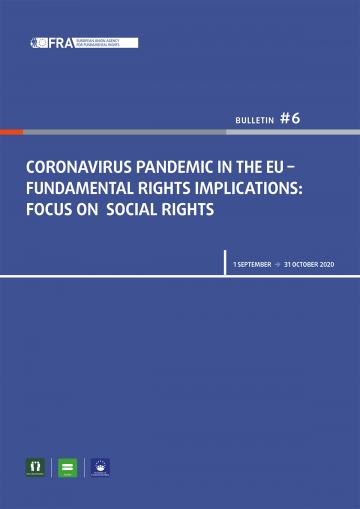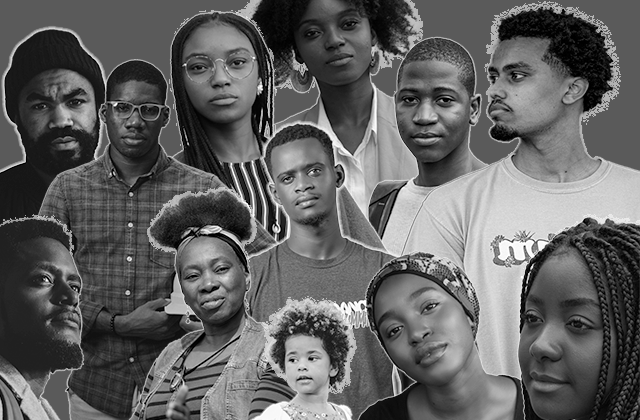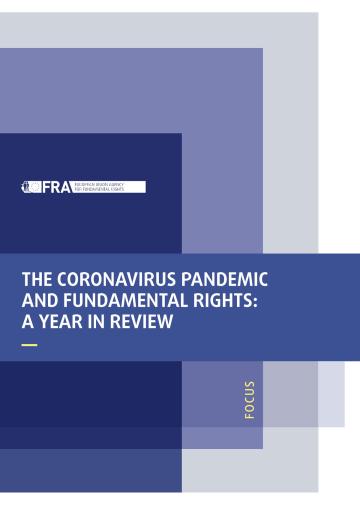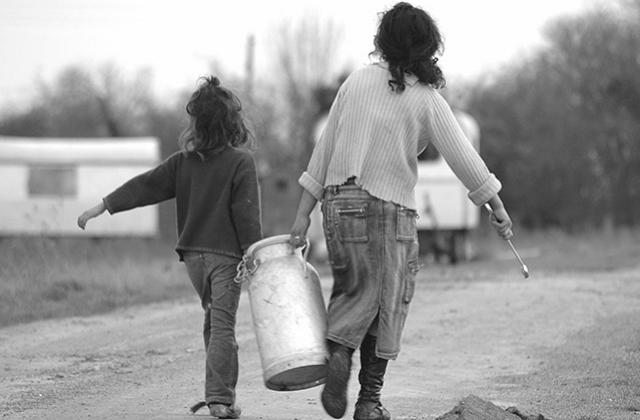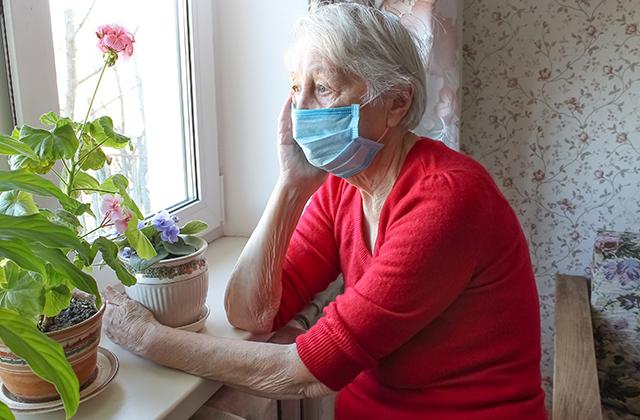COVID-19 and the measures adopted to contain it continued to severely affect the social rights of particular groups, such as people in institutional settings, older persons, persons with disabilities, migrants, asylum seekers and refugees, and Roma and Travellers.
Challenges in accessing COVID-19 testing and other health services, and the impact of visiting bans on residents’ wellbeing, remained grave concerns for people living in institutions – disproportionality older persons and persons with disabilities.
- Several Member States established specific testing programmes for staff and residents in institutional settings, given the high rates of infections and deaths in these settings. However, reports of long waiting times for test results also emerged.
- Evidence suggests that people in institutional settings faced challenges accessing other health services, raising concerns about possible discrimination.
- High infection rates prompted many Member States to increase or extend restrictions on visits to institutional settings. Courts in a number of Member States assessed the legality of these restrictions, ruling in several cases that they should be lifted.
Issues around access to medical treatment, employment prospects and the impact of isolation affect older people’s right to lead a life in dignity and independence, as enshrined in Article 25 of the Charter (alongside many other fundamental rights), and are exacerbated as a result of COVID-19.
- Evidence from a number of Member States suggested that fewer older people are accessing healthcare for both COVID-19 and other conditions.
- Studies continue to show that the pandemic is intensifying feelings of loneliness and psychological distress among older people.
- The prospect of long-term unemployment and challenges associated with using technical tools to work remotely affected older people’s employment situation, research indicated.
Persons with disabilities continued to face challenges in everyday life because of the pandemic.
- Support services continued to work below capacity in many Member States, with further restrictions imposed as infection rates rose in September and October. This risked placing an additional burden on family members, who can no longer rely on external support.
- Evidence mounted of significant obstacles in access to education for children with disabilities. Some Member States put in place specific measures to reduce disruption to schooling for children with disabilities.
- National human rights bodies in several Member States looked into complaints of a lack of accommodation of people with disabilities’ specific situation in the employment context.
Bulletin #5 showed how overcrowding and poor housing put Roma and Travellers at increased risk of contracting COVID-19, and that they are disproportionately affected by measures to contain the virus. Disrupted access to education remained a pressing concern for many Roma and Travellers in September and October.
- Unlike during the first phase of the pandemic, evidence did not indicate restrictive measures that particularly affected areas with predominantly Roma populations.
- Many Roma children lack internet access and the IT equipment necessary to participate in distance learning, increasing their risk of dropping out of school or falling behind in their education.
Migrants, asylum seekers and refugees, often living in overcrowded accommodation with poor hygiene conditions, continued to face increased risk of infection and barriers to accessing health services. The pandemic threatens to increase poverty and social exclusion among these groups.
- Studies in several Member States point to higher rates of COVID-19 infections among migrants, asylum seekers and refugees.
- Reports persisted of poor hygiene conditions and limited access to medical services in reception facilities, as well as difficulties for children living in these settings to access distance learning.
- Evidence from some Member States indicated that these groups face difficulties accessing COVID-19-related employment support schemes, given their often unstable employment conditions, as well as challenges in securing the jobs necessary to extend their residence permits.
